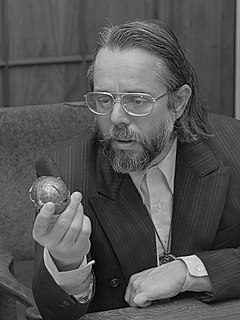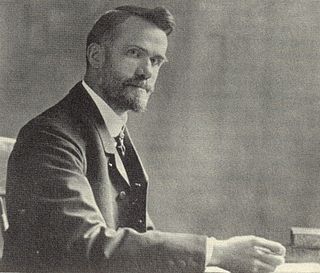A Quote by William Bennett
In the battle for preserving sound social and moral norms, many religious institutions can no longer be counted as allies.
Related Quotes
We now live in a 'post-Christian' America . The Judeo-Christian ethic no longer guides our social institutions. Christian ideals and values no longer dominate social thought and action. The Bible has ceased to be a common base of moral authority for judging whether something is right or wrong, good or bad, acceptable or unacceptable.
I am far more concerned about policies of the Democratic administration and Democratic Party that infringe on the rights of religious institutions and practices and open the door for using taxpayer dollars for abortions, to which many Americans have profound moral objections. Those are steps that would show a lack of respect for Catholics and their institutions.
I suppose it's not a social norm, and not a manly thing to do - to feel, discuss feelings. So that's what I'm giving the finger to. Social norms and stuff...what good are social norms, really? I think all they do is project a limited and harmful image of people. It thus impedes a broader social acceptance of what someone, or a group of people, might actually be like.
The bourgeoisie, which far surpasses the proletariat in the completeness and irreconcilibility of its class consciousness, is vitally interested in imposing its moral philosophy upon the exploited masses. It is exactly for this purpose that the concrete norms of the bourgeois catechism are concealed under moral abstractions...The appeal to abstract norms is not a disinterested philosophic mistake but a necessary element in the mechanics of class deception.
As a result of changes which, over the last century, have modified our empirically based pictures of the world and hence the moral value of many of its elements, the "human religious ideal" inclines to stress certain tendencies and to express itself in terms which seem, at first sight, no longer to coincide with the "christian religious ideal".
For decades, allies have counted on the U.S. to step up to the plate to work with them to protect the shared values we hold dear. As we face numerous international challenges, both old and new, we need to put more faith and investment in our international and diplomatic institutions, not weaken them.
It is terrible that we all die and lose everything we love; it is doubly terrible that so many human beings suffer needlessly while alive. That so much of this suffering can be directly attributed to religion—to religious hatreds, religious wars, religious delusions and religious diversions of scarce resources—is what makes atheism a moral and intellectual necessity.
The world petroleum story is one of the most inhuman known to man: in it, elementary moral and social principles are jeered at. If powerful oil trusts no longer despoil and humiliate our country it is not because these predators have become human, but because we have won a hard-fought battle which has been going on since the beginning of the century.


































